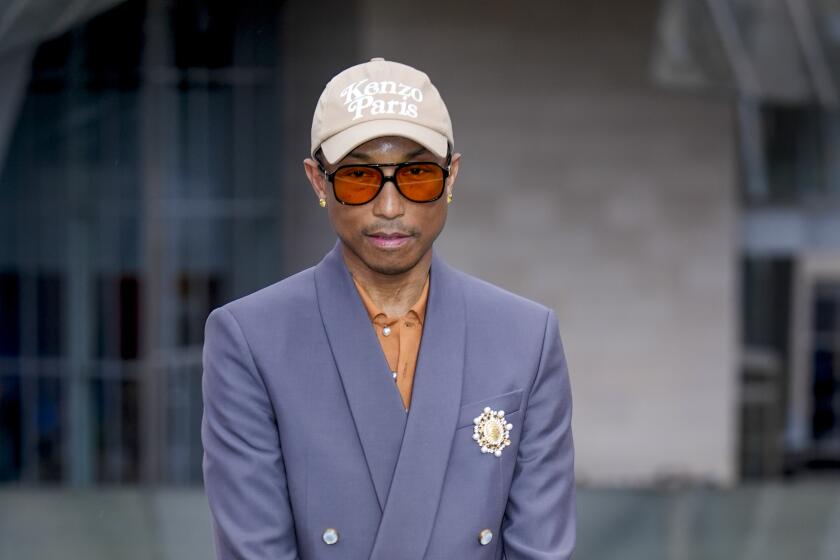David Mancuso’s Loft was a dance music utopia. We should all learn from it now
If you’ve gone clubbing to escape the pain and anxiety of this week, you have David Mancuso to thank for your moments of camaraderie and relief.
Mancuso’s death at 72, first announced Monday by Kid Recordings, adds to the tally of musical visionaries we’ve lost in 2016. The cause of death has not been disclosed.
Mancuso, who earned his reputation as a DJ and promoter, was perhaps more than anyone responsible for 40 years of disco and dance music culture, not to mention the whole concept of an underground nightclub devoted to creating community.
Mancuso founded the Loft, a venue that was the nexus of 1970s New York disco culture, especially at his party series called “Love Saves the Day.” His was one of the few dance music venues that welcomed LGBT partygoers alongside racially and genre-mixed crowds. The result was a celebratory space that wasn’t just inclusive of most marginalized communities in the city: It was also the flash point for future generations of excellent music.
Andy Butler of Hercules & Love Affair, a New York disco and house music project openly indebted to Mancuso, paid his respects on Twitter. “David Mancuso gave the Loft to the world as a celebration of music with a spirit of inclusivity and was all about the best version of humanity,” he wrote.
The roving venue had quirks unique in dance music. Mancuso was an extreme audiophile, preferring a specific brand of Klipschorn speakers and a surprisingly mellow volume at his parties that made the music less overwhelming and more all-encompassing. He also loathed using mixers, which he said degraded sonic quality and gave DJs a manipulative tool that detracted from the music.
“When you change the pitch control of Billie Holiday singing, you’re going to change the characteristics of what you’re hearing,” he said in a rare interview with Red Bull Music Academy Daily earlier this year. “I think it’s better to remain musical and stick with what the artist intended.”
That DJ setup discouraged beat-matching at Loft parties, which meant DJs had gaps between songs as they played out. It’s counterintuitive to today’s digital-syncing software, but it was arguably a music purist’s way to approach a party.
Mancuso also pioneered a kind of ad-hoc music-sharing system at the Loft, a “record pool” where DJs could pull from a vast library of curated records in their own sets. As a kind of physical in-house streaming service, it gave DJs access to a bounty of material at a time when it was much harder to find rarities and styles outside their own.
But more importantly, the Loft was one of the venues like Paradise Garage and Warehouse and Berghain that laid out moral principles that came to define club culture at its best. Queer-driven but friendly to all open-minded partiers; a take-all-comers view of genre where Latin jazz, disco, funk and early electronic music mingled into a utopian whole.
The Loft continued to host sporadic dance parties even in recent years in a range of spaces. At a time when culture seems to be shifting backward in its ideas of kindness and connection, it’s worth remembering how progressive Mancuso was. His influence still resonates today in L.A. parties such as Ostbahnhof and Spotlight. His humility, devotion to music and compassionate values feel more necessary than ever.
“[B]y having a certain way of doing things, we promoted social progress,” he said in that Red Bull interview. “To this day, there’s no dress code. There’s no age control. You don’t have a liquor license. Once you have the different economical groups mixed together, the social progress starts to kick in. You have people from all walks of life coming together…
“You had the civil rights movement going on, you had gay liberation going on. You had all these movements going on,” he added. “All this music that was coming from all different directions, it was all over the place. As long as you had a neutral place where people could come and just enjoy themselves, there was such incredibly good music.”
For breaking music news, follow @augustbrown on Twitter.
More to Read
The biggest entertainment stories
Get our big stories about Hollywood, film, television, music, arts, culture and more right in your inbox as soon as they publish.
You may occasionally receive promotional content from the Los Angeles Times.











